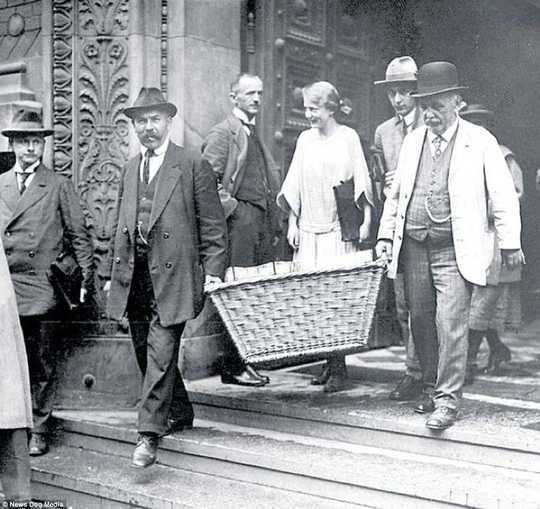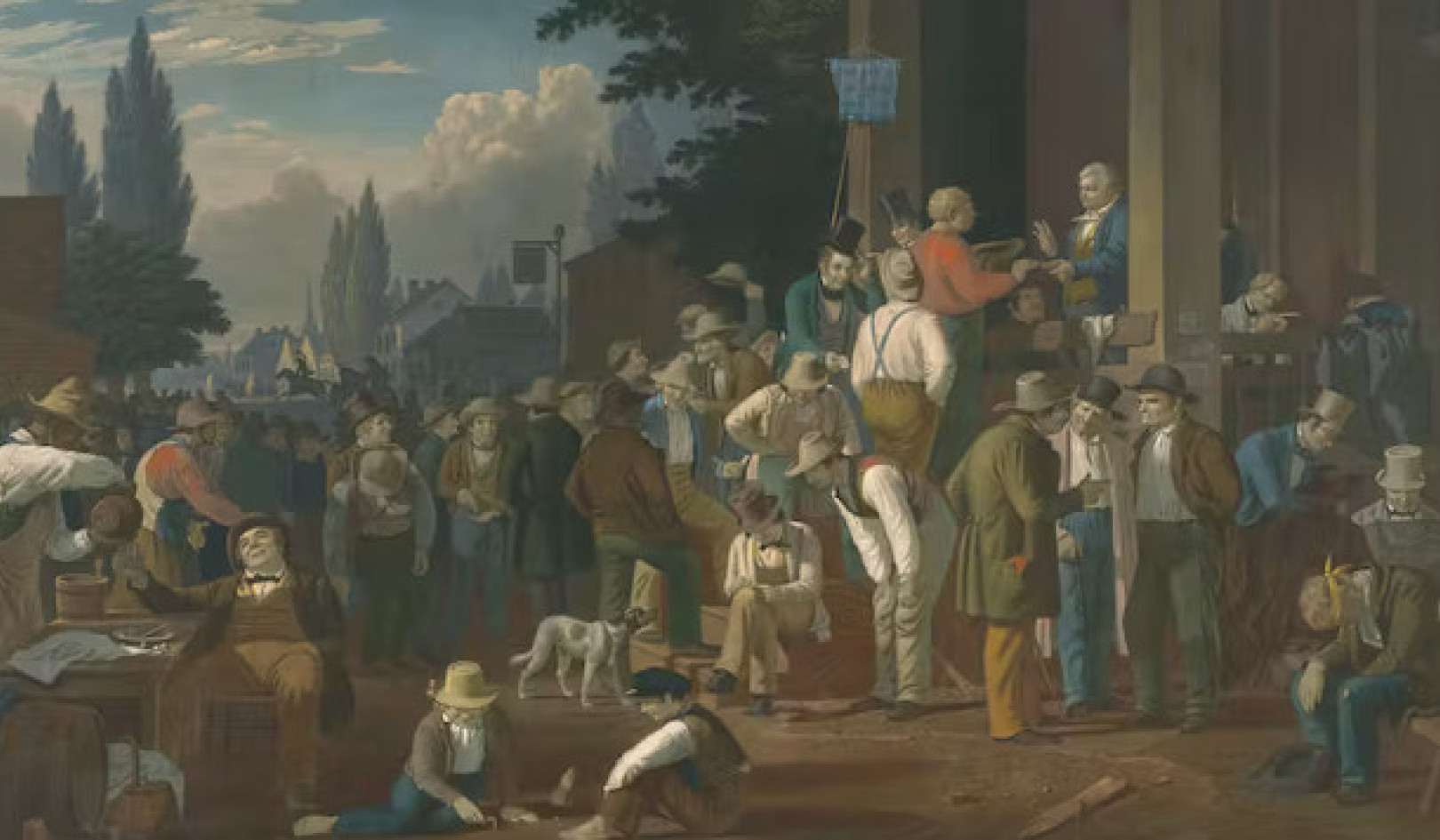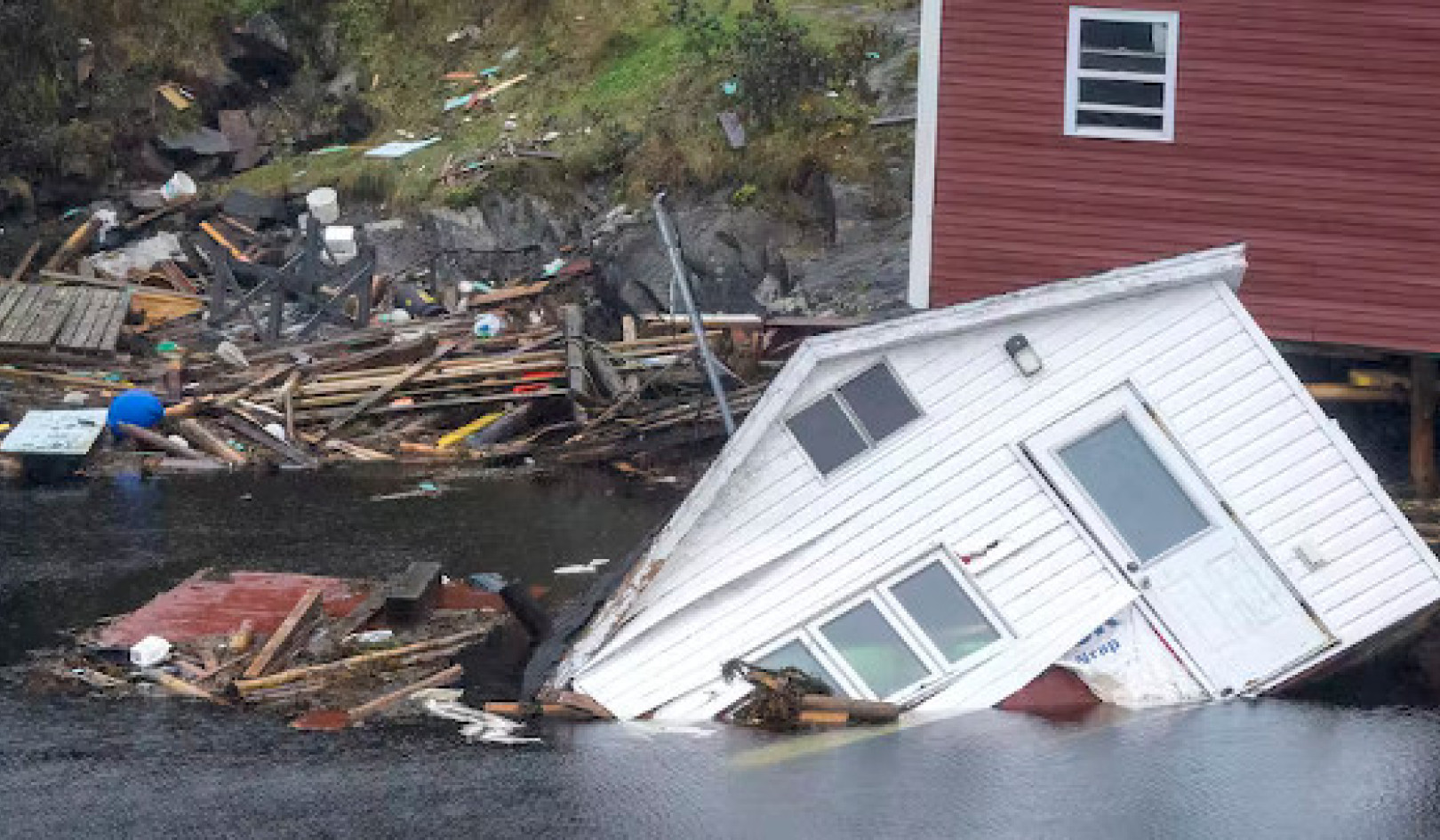
The idea that has been passed around by most conservative and liberal government leaders and representatives is that little can be done for the people because "money" is in short supply. Their conclusion: if we are going to spend more over here, then we have to take it away over there. It is true that money is limited but not like most of us are accustomed to thinking.
A nation's money supply is often compared to a personal or household budget and nothing could be further from reality. The simple reason is that governments can create money out of thin air and you and I can't. That comparison is just used to deceive us.
 Money was once backed by gold. Why gold? Because it limited the amount of money a country could issue and it was thought to "always" be a good thing. But in the end, that was the reason that the gold standard was done away with. It kept money in too short a supply and stymied economic development with its scarcity. Money backed by gold was too limited while productive capacity was not.
Money was once backed by gold. Why gold? Because it limited the amount of money a country could issue and it was thought to "always" be a good thing. But in the end, that was the reason that the gold standard was done away with. It kept money in too short a supply and stymied economic development with its scarcity. Money backed by gold was too limited while productive capacity was not.
Well, here we are, some 50 years later, and we are still acting like we are restrained by the amount of gold that no longer restrains the money supply. However, a lack of "gold" standard doesn't mean a country can print unlimited amounts of cash. Countries are still limited by their "full faith and credit", the ability to issue and pay with currency of known and anticipated future value. And that is why the anticipation of, or actual inflation is the only natural restriction of how much money a country can create.
Value Of Money Balanced Between Faith And Need
 So we settled on paper money, backed by the full faith and credit of our government. The archaic measure of gold creating paper money value and limiting money supply was ended at Brenton Woods in 1971 -- just like trading my tomatoes for your corn or pocket full of shells or carrying around 50 lbs of gold or silver was ended in earlier times.
So we settled on paper money, backed by the full faith and credit of our government. The archaic measure of gold creating paper money value and limiting money supply was ended at Brenton Woods in 1971 -- just like trading my tomatoes for your corn or pocket full of shells or carrying around 50 lbs of gold or silver was ended in earlier times.
The amount of money a government can print is not infinite. The amount must be balanced between faith in the government that issues the money and the need of the people that government serves. Print too much money to chase too few goods and services, and the price of those goods and services go up. Print too little and the price of these same goods and services fall as demand is stymied.
So government finance and maintenance of its money supply is not the same as personal or household finance. And anyone who sells it as such is either ignorant or is being deceptive, or both.
Today the "convenience" of paper money is being replaced. Try paying Amazon online with cash. Today's money is mostly nothing more than digits in your bank account available instantly to you via your phone or computer.
Balancing Inflation And Deflation
Most of us have lived with inflation. Most of us have not lived with deflation. Both are equally destructive. One only has to look at the situation in Venezuela or read about post World War I Germany to understand the destructiveness of inflation. Or read about or talk with someone who lived through the great depression of the 1930s to get an understanding of deflation.
As with most things in life, balance must be achieved. This proper ratio, between money and goods and services available, is what keeps things in balance. If a government wants to create more money to spend then it must encourage its economy to increase its capacity to produce goods and services. It is this excess capacity to produce goods and services that really governs how much money there can be and how much governments can do for the welfare of its people.
Facing the Climate Crisis Head On With Money
Be we young or old, rich or poor, we all face an existential crisis. What we do now will determine if this is mankind's final chapter. In just eighty years, much of the earth may not be habitable. Eighty years is not a long time. Many people live that long. It's just four generations. Like the proverbial frog in the pot of cold water gradually reaching boiling point, we may die without noticing.
Many scientists recognize that the planet may warm by as much as 5 degrees centigrade in the next 80 years. Doesn't sound like much but the climate has varied less than 2 degrees in the history of mankind. The warming and its destructive outcomes will not just appear in 80 years, but will gradually continue the destruction every year.
The future of man, in the short run, will consist of the mitigation of the damage of climate change, adaptation to extreme weather, and increased human suffering.
However, it is not hopeless. It will take money to combat our climate crisis and it will take money to overcome the destruction. It truly is a case of pay me now or pay more later. And those that would wring their hands and whine that there is no money are not our friends and can't be trusted with the lives of our sons, daughters, grandchildren, and their descendants.
We have great productive capacity. This is not the time for governments to pinch pennies and cut spending. This is the time to spend whatever is needed to avert the disasters heading our way, and to stop the seemingly ever-increasing damage we have created in our world.
The choice is simple: fiddle while we burn, drown, and die versus a bit of inflation if we overspend. Definitely a no brainer. Show us the money!
An Inflation Caveat
The current US president, administration, and political enablers have embarked on explicit, reckless, and impulsive policies that lead to cost-push inflation. By limiting immigration and by scaring both legal and illegal immigrants, they have further tightened the already tight labor market. The cost of goods and services to the public will rise further.
Even more damaging to stable pricing of course is the "trade war" the president has evoked via tariffs. A tariff is nothing more than a federal tax to its citizens to encourage them not buy a product or service. This pushes up prices on essentials until the supply chain can stabilize usually at a higher level than before due to increased cost and less competition.
Make no mistake there is a proverbial bull in the American china shop and the only thing yet to be determined is how expensive the damage will be and can we make the necessary repairs in time.
Dr. Stephanie Kelton On Modern Monetary Theory
Modern Monetary Theory (MMT) is gaining traction in American politics, energizing the progressive left and roiling deficit hawks. Stephanie Kelton explains the basics. She also talks about 2020, saying Democrat presidential hopefuls are swinging for the fences with ambitious policy proposals while Trump appears to have changed his thinking on the deficit and debt since his 2016 run.
{vembed Y=7cho7naef_k}
About the Author
 Robert Jennings is co-publisher of InnerSelf.com with his wife Marie T Russell. He attended the University of Florida, Southern Technical Institute, and the University of Central Florida with studies in real estate, urban development, finance, architectural engineering, and elementary education. He was a member of the US Marine Corps and The US Army having commanded a field artillery battery in Germany. He worked in real estate finance, construction and development for 25 years before starting InnerSelf.com in 1996.
Robert Jennings is co-publisher of InnerSelf.com with his wife Marie T Russell. He attended the University of Florida, Southern Technical Institute, and the University of Central Florida with studies in real estate, urban development, finance, architectural engineering, and elementary education. He was a member of the US Marine Corps and The US Army having commanded a field artillery battery in Germany. He worked in real estate finance, construction and development for 25 years before starting InnerSelf.com in 1996.
InnerSelf is dedicated to sharing information that allows people to make educated and insightful choices in their personal life, for the good of the commons, and for the well-being of the planet. InnerSelf Magazine is in its 30+year of publication in either print (1984-1995) or online as InnerSelf.com. Please support our work.
Creative Commons 4.0
This article is licensed under a Creative Commons Attribution-Share Alike 4.0 License. Attribute the author Robert Jennings, InnerSelf.com. Link back to the article This article originally appeared on InnerSelf.com
Remember Your Future
on the 3rd of November
Learn about the issues and what's at stake in the November 3, 2020 US Presidential election.
Too soon? Don't bet on it. Forces are conniving to stop you from having a say in your future.
This is the big one and this election may be for ALL the marbles. Turn away at your peril.
Only You Can Prevent 'Future' Theft
Follow InnerSelf.com's
"Remember Your Future" coverage
Related Books
at InnerSelf Market and Amazon





























